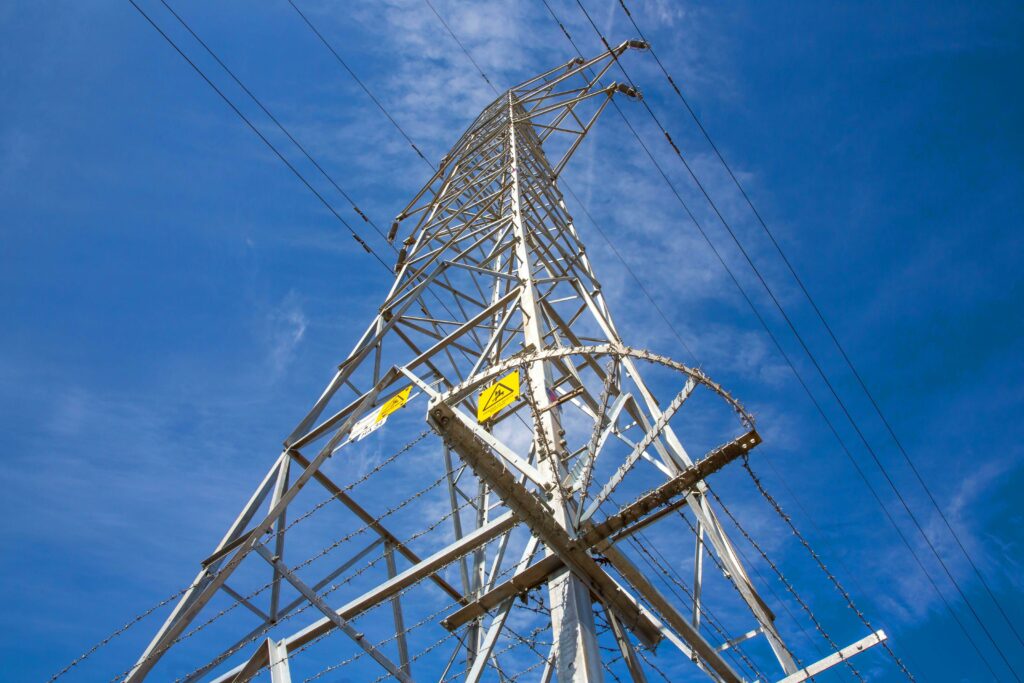Western Power Distribution (WPD) is launching a new project to support vulnerable customers through the energy transition.
Dubbed Vulnerability and Energy Networks, Identification and Consumption Evaluation, or VENICE, the first section of the project will focus on a net zero community at Wadebridge in Cornwall, with Wadebridge Renewable Energy Network (WREN) to lead. It will establish how net zero is likely to impact on fuel poverty as growing numbers of people switch to electrified transport and heat.
WREN will then look at how it can work with WPD to support vulnerable customers through this transition, finding ways for them to participate in decarbonisation to benefit the community and achieve net zero equality.
The second strand of the VENICE project is to be led by Frazer-Nash Consultancy. It will look at whether smart meter data can be used to identify vulnerable customers and to create a ‘Vulnerability Prediction Model’. This would be used to determine if a customer’s energy use history displays vulnerability markets.
These sorts of tools could enable WPD and other electricity operators, in collaboration with other stakeholders, to target investment and support at communities where it would be more effective at addressing vulnerability.
Lastly, Frontier Economics will look at changes in electricity use during the pandemic and how likely these changes are to continue, looking at, for example, the shift to home working and whether this will have an impact on customers in vulnerable situations.
WPD said this could be invaluable to all distribution network operators (DNOs) for their business planning.
WPD innovation engineer Stuart Fowler said: “VENICE is no ordinary innovation project – it will shine a real light on energy use and help us to reach out to the people who need it most.”
Tackling fuel poverty forms a key element of WPD’s RIIO-ED2 business plan, with this including plans to support 113,000 fuel poor customers to save £60 million on their energy bills over the price control period.
The DNO pledged to do this through the development a range of tools to increase its understanding of fuel poverty and to identify customers impacted, enabling it to target its outreach services most effectively.





